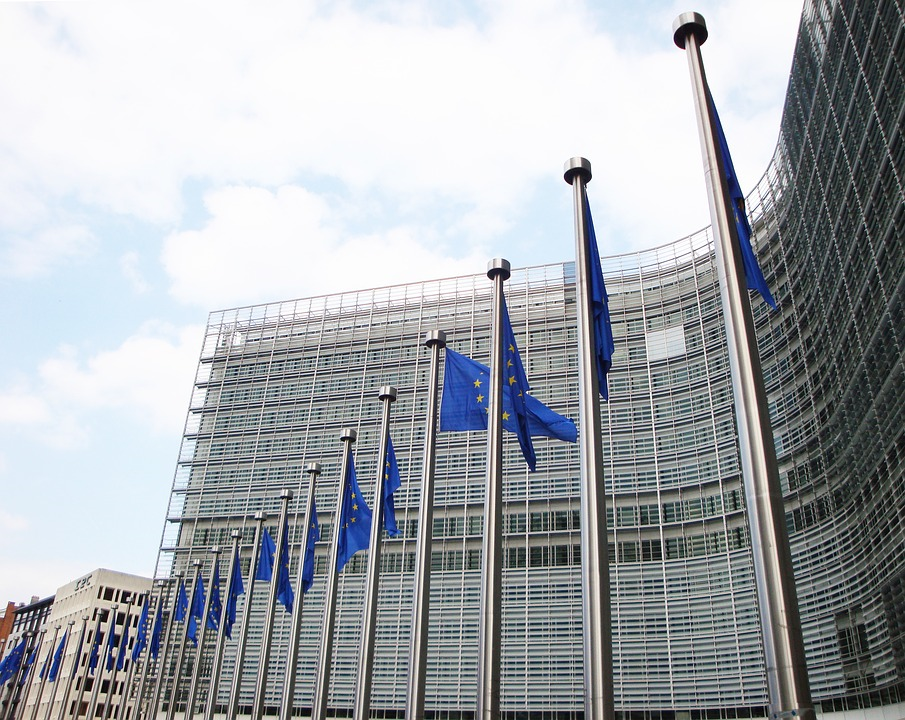EU Securities Group Raises the Need of Regulating Crypto Assets Using Existing Rules

The European Securities and Markets Authority (ESMA) - the securities regulator - recently released a report saying that cryptocurrencies and ICO tokens should be regulated under the existing financial laws.
The report mentions the Securities and Markets Stakeholders Group (SMSG) saying that Bitcoin-like transferable cryptocurrency assets are mainly considered as potential investment tools. As a result, the associated risks are quite similar to that in the capital markets.
Hence the stakeholder’s group SMSG recommends that the ESMA should consider crypto assets under the EU's MiFID II (Markets in Financial Instruments Directive II) regulations, which are in place since January 2018. SMSG knows that the ESMA doesn’t hold the authority to bring digital assets under these regulations.
The report states: "This is however not in ESMA's power, since it would require a change in the Level 1 Text of MiFID II, so the SMSG can only urge ESMA to consult with [the European Banking Authority] on this matter and take this up with the European Commission.”
The report also goes to say that proper classification is required for “transferrable” and “non-transferrable” assets. Furthermore, it stands in favor of developing national regulatory sandboxes and innovation hubs for token-based startups. But the report notes that ESMA should ensure "sufficient quality, transparency and legal security of national initiatives."
In another turn of events, the Financial Action Task Force (FATF) is planning to introduce cryptocurrency regulatory rules by 2019. The FATF president Marshall Billingslea said that the new rules would require each country to thoroughly regulate and license crypto exchanges as well as companies providing encrypted wallets.
He said: “As part of a staged approach, the FATF will prepare updated guidance on a risk-based approach to regulating virtual asset service providers, including their supervision and monitoring; and guidance for operational and law enforcement authorities on identifying and investigating illicit activity involving virtual assets.”
The president also noted that FATF will conduct regular reviews and monitoring to ensure that countries are adopting and implementing the new crypto rules. Additionally, FATF also plans to review activities and operations in the digital currency market which fall under the existing standards.
Billingslea said: “In light of the rapid development of the range of financial functions served by virtual assets, the FATF will also review the scope of activities and operations covered in the amended Recommendations and Glossary in the next 12 months and consider whether further updates are necessary to ensure the FATF Standards stay relevant.” He further noted that “By June, we will issue additional instructions on the standards and how we expect them to be enforced.”



